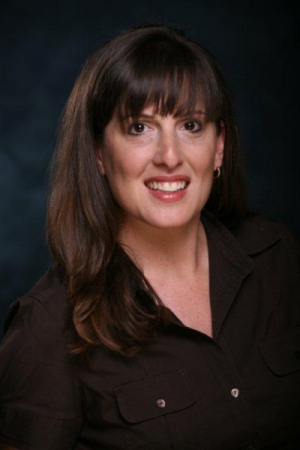The Cullen College's Texas Diesel Research and Testing Center was founded, in part, to develop technologies that reduce emissions from diesel vehicles. Researchers at the center have worked to cut pollution from everything from school buses to garbage trucks to heavy construction equipment. Thanks to a recent $163,000 grant, it can now add one more vehicle to that list: commercial fishing boats.
The grant to Rachel Muncrief, research assistant professor in the Department of Chemical and Biomolecular Engineering, comes from Anchorage, Alaska-based Versatile Energy Power Systems (VEPS), which itself was funded by the Port of Los Angeles.
Many states, California included, have mandated stricter emissions standards on marine vehicles based in their waters. Adding a retrofit solution is the most efficient way to meet these standards for practically every boat in use. Muncrief and her collaborators, then, will use the grant to develop and test a retrofit solution conceived of by VEPS. This solution is designed to reduce the amount of particulate matter, better known as soot, and Nitrogen Oxide, or NOx, from marine vehicle emissions.
The technology involves injecting a small amount of diesel into the exhaust and reacting it over a catalyst, thereby cutting NOx emissions. Particulate matter will be removed through the use of a filter.
To develop and test this solution, Muncrief will be partnering with researchers in the college’s Department of Mechanical Engineering who have expertise in the area of controls. “All the pieces for the retrofit are already in existence but there needs to be a way of controlling them and making them work together. The controls will have to tell the system how much fuel to inject and when to inject it,” she said.
The grant has a timeline of only six-months. Muncrief’s goal is to prove a 25 percent reduction in NOx is achievable with this retrofit, and then attain addition funding to continue and expand the research.
